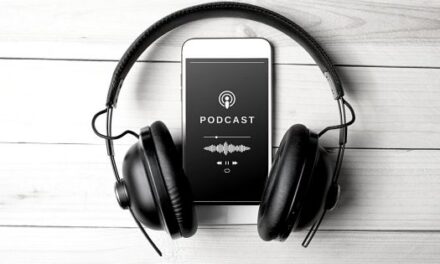Taking the road of optimal health is often the path of greatest resistance. Intelligent marketers entice us with sugar, alcohol, and entertainment that runs all night. Saying no and choosing the healthy life can be labeled boring. But the critics only have a short-term view. Those who choose the healthy life are playing a bigger game.

I joke sometimes that I would like to own a bar. It’s an easy sell. Have fun, live to excess, don’t worry about tomorrow, just party today!
It’s an easier narrative then get to bed early, be present, push yourself to your physical limit, don’t eat this, trust me it will be worth it.
The pleasure centers in our brain are consistently tempted by the instant gratification of sugar, alcohol and social media. The key is to find the fun without compromising your health.
A question that puzzles many of the executives that I train is What do you do for fun?
I ask them to write 20 things that they do for fun. It’s an interesting exercise that you should try. Most get to about 6 or 8 and then get stuck. The second part of this exercise is to eliminate those that involve excessive food and alcohol.
They often are left with none.
One executive explained to me at this point in my life and career it’s become clear to me that life is too short to not reward myself. What is ironic is that the same executive understands that a bit of short term pain comes with long-term gain.
With food, the rationale is different though. Work is unemotional; food is highly emotional. To say no to food is to say no to something that fills a deep emotional need.
Food never discriminates and can be enjoyed alone. To say no to food is say no to something that has always been there for you when you’ve needed or wanted it. It is like saying no to your closest friend.
“What you link pain to and what you link pleasure to shapes your destiny.” – Tony Robbins
There is, of course, times when celebration and a little excess are important. Life without variety is dull. But the joy gained from moments of giving into temptation is small.
Martin Seligman, the President of the American Psychological Association, proved this to his students by setting them two pieces of homework. One night they were instructed to go out, hit the bars and have fun. On another night they were to perform an act of kindness that helped someone or something else.
What the students found was the pleasurable activity did feel good, but the effects were short-lived. The fun they experienced was forgotten as soon as they left the bar.
In contrast, the act of kindness produced feelings of happiness throughout their whole day. When the students were asked to speak about the two tasks weeks later they experienced an afterglow that led them to question their assumption on what happiness is based on.
We will be pulled from both sides forever. The next time you are faced with a similar decision, don’t choose to focus on what you are giving up. Direct your focus on what you can get done.
The long-term view will always bring you more happiness.
The Executive Athlete Scorecard will give you an indication if your long-term strategy is pulling you in the right direction. The scorecard will benchmark your physical health and the relationship with the mental demands of an executive role. Answer 40 yes/no questions and in 10 minutes you will have a tailored report with specific actions to improve your score.























